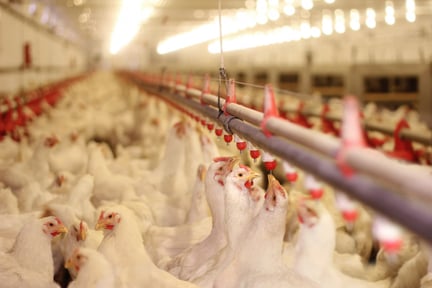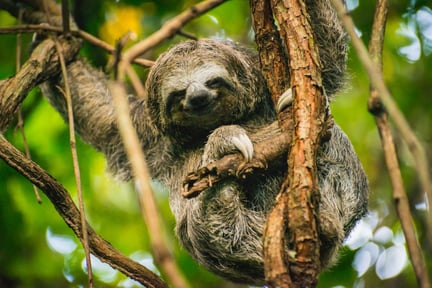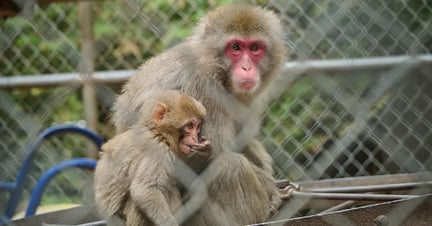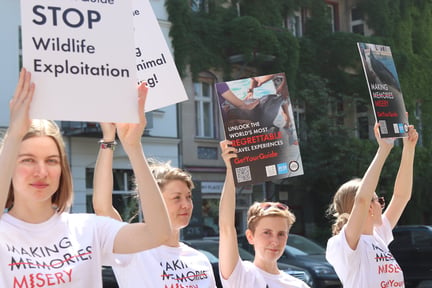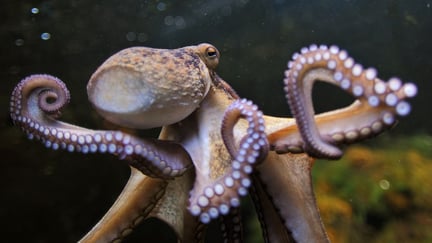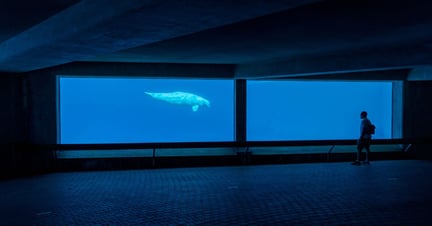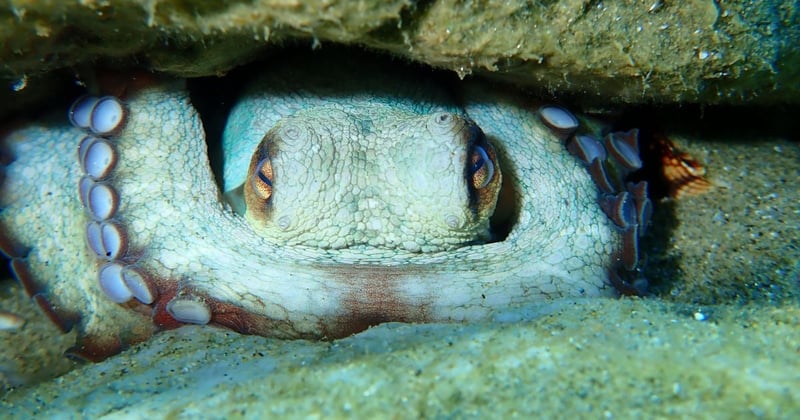
Octopus farming in Spain raises global animal welfare and environmental concerns
News
The expansion of octopus farming in Spain is facing growing opposition due to serious animal welfare, environmental, and ethical concerns. Octopuses are highly intelligent and sentient animals, known for their problem-solving skills, complex behaviours, and ability to experience pain and stress — qualities that make them particularly unsuitable for captivity.
The recent approval of an experimental octopus hatchery in Galicia, Spain, has reignited concerns over the ethical and environmental implications of octopus farming.
Grupo Profand's subsidiary, Octolarvae SL, has received a ten-year licence to establish a facility aimed at optimising the larval stage of the common octopus.
While the initiative is presented as a research-focused endeavour, it aligns with broader industry movements towards commercial octopus farming, a practice fraught with welfare and sustainability issues.
Octopuses: sentient beings unsuitable for intensive farming practices
Octopuses are renowned for their intelligence, problem-solving abilities, and complex behaviours.
They possess well-developed nervous systems and clearly exhibit sentience, including the capacity to experience pain, stress, and fear.
Their solitary and territorial nature makes them particularly vulnerable to the stresses of confinement.
In farming environments, these traits can lead to aggression, injury, and even cannibalism among individuals.
The methods employed in octopus farming raise significant ethical concerns. Common practices, such as slaughtering by submersion in ice slurries or blunt force, are considered inhumane and cause prolonged suffering.
Global opposition to octopus farming
The move towards octopus farming in Spain contrasts sharply with legislative actions in other parts of the world.
In October 2024, California became the second U.S. state, after Washington, to ban octopus farming.
The legislation cites the animals' high intelligence and the inhumane conditions inherent in farming practices as primary reasons for the ban.
These bans reflect a growing recognition of the ethical and environmental issues of octopus farming.
They serve as precedents for other regions to consider similar protective measures for these sentient creatures.
World Animal Protection's Stance
World Animal Protection opposes factory farming that subjects sentient beings to cruel and unnatural living conditions—cruelty that reaches an even deeper level when it involves wild species like octopuses, who are profoundly ill-suited to life in captivity. Eugenia Morales, Campaign Strategist of World Animal Protection, said:
Octopus farming is a step backwards in our pursuit of ethical and sustainable food systems. These intelligent and sentient creatures are not commodities to be mass-produced. Confining them in intensive farming conditions not only causes immense suffering but also threatens marine ecosystems. We must prioritise compassion and sustainability over profit. We respectfully urge the Government of Galicia to reconsider this decision and instead support genuinely ethical, sustainable production systems that protect all animals and preserve our oceans.
We urge governments, research institutions, and the aquaculture industry to reconsider the pursuit of octopus farming.
Instead, efforts should focus on protecting marine ecosystems and promoting sustainable, ethical alternatives that do not compromise animal welfare.
Related Content
No Future for Factory farming
Food systems
Factory farming is a global problem, that requires a global solution. A moratorium on factory farms is urgently needed to safeguard animals, our climate, health and the environment.
Animal Sentience
At World Animal Protection sentience is at the heart of everything we do, click to find out more.
High animal welfare on farms
No future for factory farming
Find out how we work with the food industry to improve farm animal welfare and keep animals in an environment where they can benefit from a life worth living
